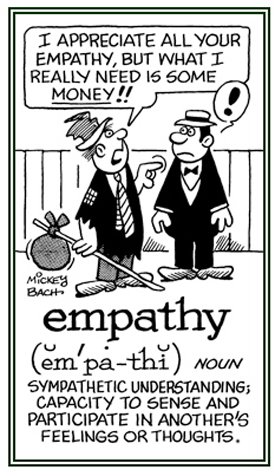-etic, -etics
(Greek: -etikos, an adjective suffix meaning "pertaining to, of the nature of" for nouns ending in -esis)
2. A reference to one of the four types of electrokinetic effects:
- electro-osmosis
- electrophoresis
- streaming potential
- sedimentation potential
The surface is ordinarily either a solid particle suspended in the solution or the medium through which the solution flows.
2. Involving or relating the interaction of electric and magnetic fields, both static and dynamic.
3. A reference to magnetism that is induced by an electric current.
4. Pertaining to radiation; such as, light, microwaves, X-rays, gamma rays, or radio waves.
5. Referring to the combined electric and magnetic fields associated with radiation or movements of electrons or other charged particles through conductors or space.
- Ribbon or velocity microphones are those in which electric output depends on the velocity of the air particles that form a sound wave; examples are a hot-wire microphone and a ribbon microphone in which the conductor is a thin ribbon of aluminum alloy moving perpendicularly in a magnetic field. It is strongly directional and can be used to reduce unwanted side noise.
- Dynamic or moving-coil microphones consist of moving-conductor microphones in which the flexible diaphragms are attached to a coil positioned in the fixed magnetic fields of a permanent magnet.
- Reluctance or moving-vane microphones consist of diaphragms acted upon by sound waves that are connected to armatures which vary the reluctance in magnetic fields each of which is surrounded by a coil.
2. Etymology: from Greek empátheia, "passion"; from em-, "in" + páthos, "feeling".
Empathy was apparently borrowed in 1904 from Greek empátheia, "passion"; ; from em-, "in" + páthos, "feeling". It was a translation of the German Einfühlung (ein; in + Fühlung, feeling), a word which was introduced in 1903 by the German philosopher and psychologist, Theodore Lipps, who originated the theory of aesthetic empathy, "the art of appreciation depends on the viewer's ability to project his personality into the object".

Go to this Word A Day Revisited Index
so you can see more of Mickey Bach's cartoons.
True empathy is when another person strikes it rich and you feel as if it’s money in YOUR pocket.
An epeirogenic uplift or depression of the Earth's crust affects large areas of land or ocean bottom.


